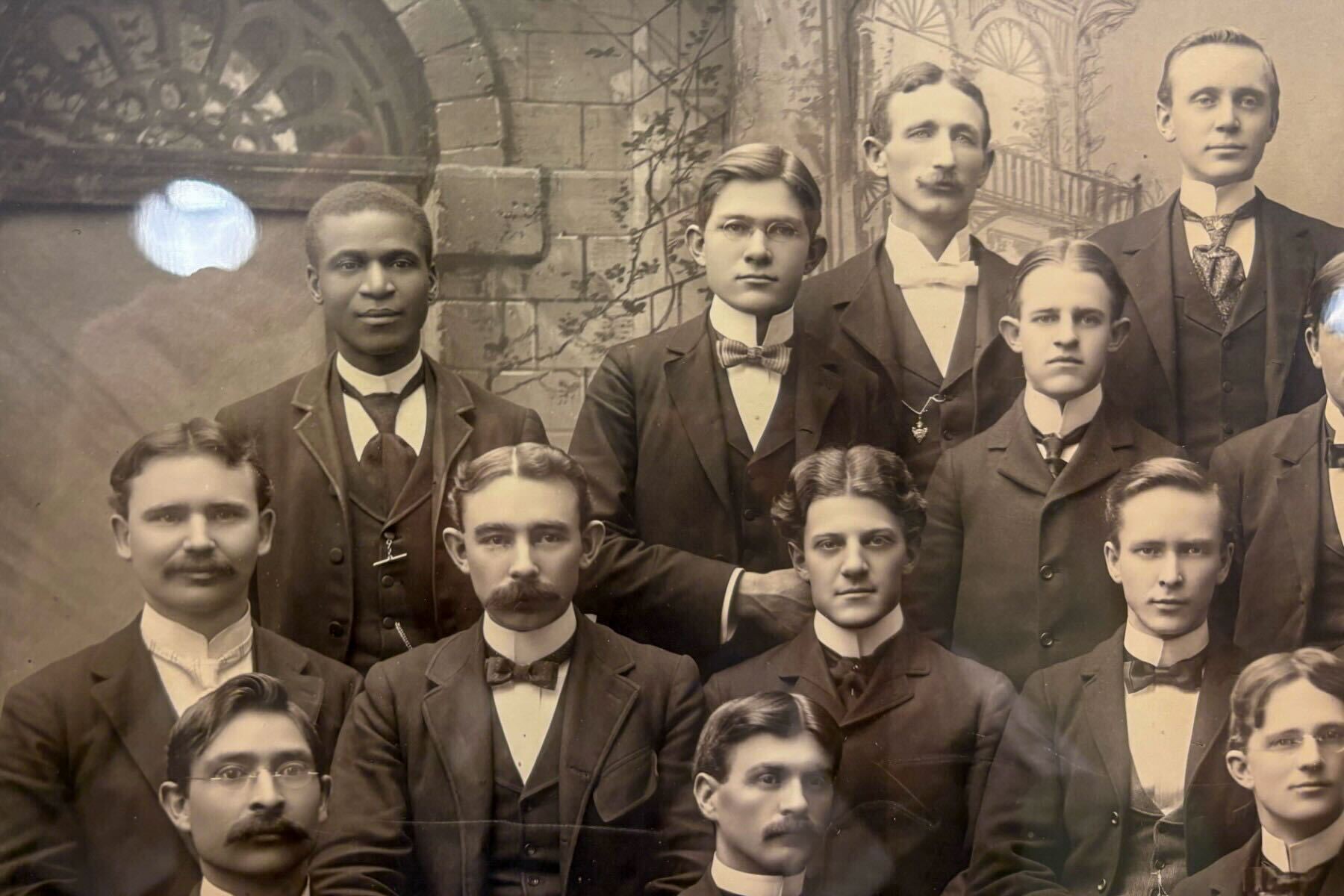
From pet sales and lab-grown meat labelling to a new state mushroom, dozens of state laws officially go on the books this week. That’s because in Colorado, bills take effect 90 days after the end of the legislative session, unless lawmakers set a different effective date for them. This year, the 90-day deadline falls on August 6.
Here are 16 of the 216 laws taking effect on Wednesday that you should know about:
Consumer Protections:
Prohibiting Price Gouging in Sales of Necessities
You may not have to worry as much about paying higher prices for necessities if you’re in Colorado when a disaster hits. House Bill 25-1010 cracks down on price-gouging during both natural and human-made crises. Whenever the governor declares a disaster emergency, it will be illegal for companies to increase the price of an item by more than 10% beyond what it cost before. They also won’t be able to sell a new item at a significantly higher price than other vendors.
Online Cancellation of Automatic Renewal Contracts
Canceling your auto-renewing subscriptions or services is about to get easier. Under Senate Bill 25-145, companies in Colorado are now required to let you cancel online if that’s how you signed up. Even if you signed up another way, like in-person or over the phone, they still have to offer a clear way to end your contract. Companies can try to keep you with discounts or perks, but only if they also include a direct link to cancel.
Misbranding Cultivated Meat Products as Meat
Lab-grown meat is still a ways from being a grocery store staple. But if it does ever make it to Colorado’s butcher counters, shoppers will know that’s what they’re buying. House Bill 25-1203 requires companies to clearly label any meat that’s grown in a lab as “cell-cultivated meat.” It also lets public health authorities order food processing plants or vendors to stop selling the products if they’re mislabeled.
Energy and the Environment:
Adding Nuclear Energy as a Clean Energy Resource
Nuclear is now officially a “clean” energy source in Colorado. House Bill 25-1040 adds nuclear to solar, wind, geothermal, small hydroelectricity, and hydrogen to the state’s list of clean energy sources. That means nuclear is now part of the mix as the state works toward its 2050 clean energy goals. It also opens the door for public funding of future nuclear projects.
Designation of State Mushroom
Colorado will have an official state mushroom thanks to House Bill 25-1091. Known as “The Emperor” mushroom, the Agaricus julius grows in the state’s high-altitude spruce-fir forests and is prized by chefs for its rich flavor. So next time you’re out on a hike and spot one of these native fungi, you’ll know it’s got official Colorado status.
Public Health:
Labeling Gas-Fueled Stoves
Concern has been growing in recent years about the potential impact of gas stoves on indoor air quality and the lung health of people who use them. Under House Bill 25-1161, soon, if you buy a gas stove in Colorado, it’s going to come with a new warning label urging consumers to be informed. The yellow label will include a URL or QR code leading to information about the health and air quality impacts of using gas-fuelled stoves indoors. Online retailers will have to include the same content on their websites. Violations will be considered a deceptive trade practice.
Schools:
Communication Devices in Schools
School districts across the state will need to develop student cell phone policies, if they haven’t already. House Bill 25-1099 gives all public and charter schools until July 2026 to put a formal policy in place spelling out when and where students can use their phones, or whether they can use them at all. The policy has to be posted publicly on the school’s website once it’s finalized.
Pets:
Prohibiting Pet Animal Sales in Public Spaces
If you’re selling a pet or putting one up for adoption, you won’t be able to do so on the side of the road, in a parking lot or in a public market. House Bill 25-1180 also makes it illegal to advertise pet sales or adoptions in those areas. If you violate the new rules, you could be charged with a class 2 misdemeanor. The measure doesn’t apply to livestock sales, licensed pet facilities, hunting dogs, or people transporting animals to exhibitions or competitions. It also doesn’t prevent local governments from regulating pet sales and adoptions in public places.
Pet Ownership Residential Housing Structures
Insurers won’t be able to deny or cancel your homeowner’s or renter’s policy, or raise your rates, based on what kind of dog you have, thanks to House Bill 25-1207. However, the law does still allow them to refuse, cancel, or revise a policy if a dog has been officially deemed dangerous. Starting in 2026, it also requires public housing to allow renters to keep up to two pets.
Guns:
Gun Violence Prevention and Parents of Students
As a parent in Colorado, you’ll start receiving gun violence prevention materials from your child’s school this year. House Bill 25-1270 requires the state to develop and post those materials online so schools can share them. Your district or charter school then has to send the information to you either electronically or on paper at the start of the academic year. They’ll also need to post those resources on their website.
Voluntary Do-Not-Sell Firearms Waiver (delayed)
Colorado is setting up a system for people who want to voluntarily block themselves from buying a gun. Senate Bill 25-034 would set up a “do not sell” list maintained by the Colorado Bureau of Investigation. Anyone would be able to submit a waiver through an online portal to have their name added to state and federal background check systems. The goal is to prevent suicides, but the program can’t launch until the state raises about $200,000 in outside funding. The money has yet to be secured, according to the CBI.
Transportation:
Tire Chain Traction Control Device Permit
Colorado drivers may be able to buy tire chains roadside this winter and pay to have them installed on the spot. Senate Bill 25-069 lets the state issue permits to people or companies who install or remove chains and other traction devices at designated spots along highways. They’ll be required to follow safety rules, like setting up signs and wearing reflective gear. Rental car companies also now have to warn people picking up cars about Colorado’s chain law and the consequences for ignoring it.
Tribes:
Free Access to State Parks for Colorado Ute Tribes
If you’re a member of the Southern Ute Tribe or the Ute Mountain Ute Tribe, you will be able to enter state parks for free under this new law. House Bill 25-1163 waives entry fees for Colorado’s two federally recognized tribal nations. The goal is to expand the tribes’ access to state parks located on ancestral Ute lands and the sacred sites within them. However, the proposal sparked complaints from members of tribes whose foreparents were forced out of the state, unhappy to be left out of the law. Entry fees at Colorado state parks typically range from four dollars per person to about ten dollars per vehicle, with annual passes also available.
Federally Recognized Tribes and Construction of Laws
In an effort to better acknowledge the sovereignty of Colorado’s two federally recognized tribes, the Southern Ute and Ute Mountain Ute will officially not automatically be subject to new state laws. Senate Bill 25-061 clarifies that, if a law doesn’t include language covering the Tribes, it doesn’t apply within the borders of their reservations or to the Tribes’ officials or employees. The measure doesn’t prevent or limit the Tribes from requesting to be included in legislation.
Public Safety:
Transit Worker Assault and Funding for Training
You could be charged with a crime if you interfere with a transit worker on duty. Under House Bill 25-1290, purposefully getting in the way of bus drivers, train operators, ticket inspectors, or maintenance workers will be considered criminal harassment. This was already a crime within the Regional Transportation District (RTD), but the new law makes it a criminal offense across the entire state.
Child Conceived from Sex Assault Court Proceedings
Survivors of sexual assault who become pregnant as a result now have a clearer path to giving up the child in Colorado with House Bill 25-1185. A woman can submit documentation, like a sworn affidavit, to the court, and if a judge agrees the case qualifies, she wouldn’t have to follow the usual legal steps. Once the court approves the request, the survivor is no longer legally responsible for the child. A standardized form to help start the process will be available by next year.
Jesse Paul of the Colorado Sun contributed to this report.

Colorado Capitol Alliance
This story was produced by the Capitol News Alliance, a collaboration between KUNC News, Colorado Public Radio, Rocky Mountain PBS, and The Colorado Sun, and shared with Rocky Mountain Community Radio and other news organizations across the state. Funding for the Alliance is provided in part by the Corporation for Public Broadcasting.








